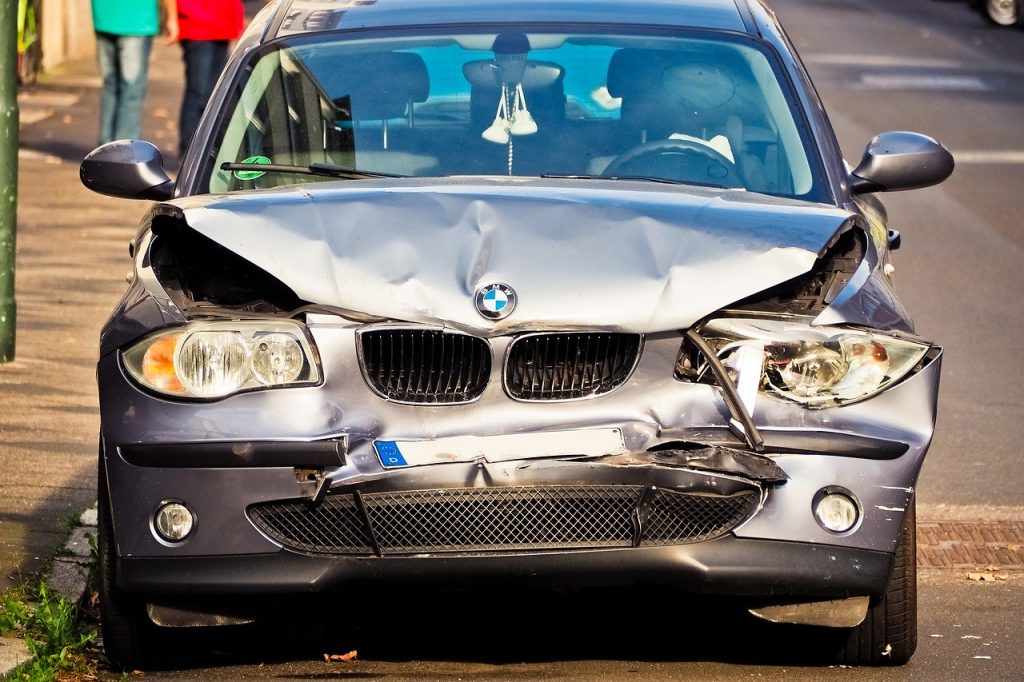All opinions are mine and mine alone.
The events following an accident can be mysterious in most cases and unfortunate. It’s a traumatizing ordeal that will leave victims with if not emotional scars, physical scars that take time to heal. No one plans to have an accident and it’s one of those things that you wouldn’t wish even to your worst enemy. Car accidents can be caused as a result of negligence, mechanical issues, and bad weather. If you’ve been involved in a car crash and are trying to navigate how to handle the situation, then you’re in the right place. Let’s look at more information here about what you need to do after a car accident.

1. Call the Insurance Company
There’s a common myth that it’s not as important to call the insurance company after a car accident. You’re required to call your insurance company – if you are in a position to – after a car accident that involves damage to property or injuries. This way, your insurance company can take the necessary steps to help you obtain the necessary repair coverage and whether you need compensation for your injuries if any. In line with the attorneys at Treybartonlaw.com, taking the necessary steps to inform your insurance company about the accident can prove beneficial to your case. You just don’t know, the other parties involved in the accident may not be insured and if you delay in reporting the accident to your insurance company, you may be at a loss in covering the expenses on your own.
2. Call 911
You still want to involve the authorities even when the accident seems minor. The importance of calling an emergency number is to get immediate medical assistance, especially if there are injuries involved and to get officers at the scene of the accident to help you in filing the accident report. This will come in handy when filing your claim.
3. If You Can, Document the Accident
It could be that you’re seriously injured and are unable to recount or document the events following the accident. Now, this is where the police report comes in handy. But if you’re able, it’s important to note the damages, take pictures, location, and what you think could have contributed to the accident. It’s also important to note the speed you were moving at for accuracy purposes. These are crucial details that will help you when filing your claim.
4. Exchange Information With the Other Driver
Before leaving the scene of the accident, ensure to get the other driver’s details, including their names, license and car registration details, and address. Most importantly, make a point to note the name of their insurer. If there are witnesses around, it will be crucial that you get their names and addresses as well.
5. Call Your Attorney
Having a personal injury attorney on speed dial should be at any motorist’s priorities. Anything can happen when you least expect it to and there’s a good reason they are called accidents. The other party may decide to file a lawsuit against you and you don’t want this to happen to you without an attorney. There are numerous benefits to having the support of a personal injury attorney by your side in such situations. These include:
- They are more experienced
- They work on a contingency fee
- They have the expertise of dealing with insurance adjusters
- They’ll increase your chances of a fair compensation
Most importantly, do not admit fault. Whether you were at fault or not, you should never admit liability to anyone after an accident. It’s one thing to be sorry and feels guilty after an accident and it’s another to admit fault as this can have negative legal ramifications of your case.



Speak Your Mind